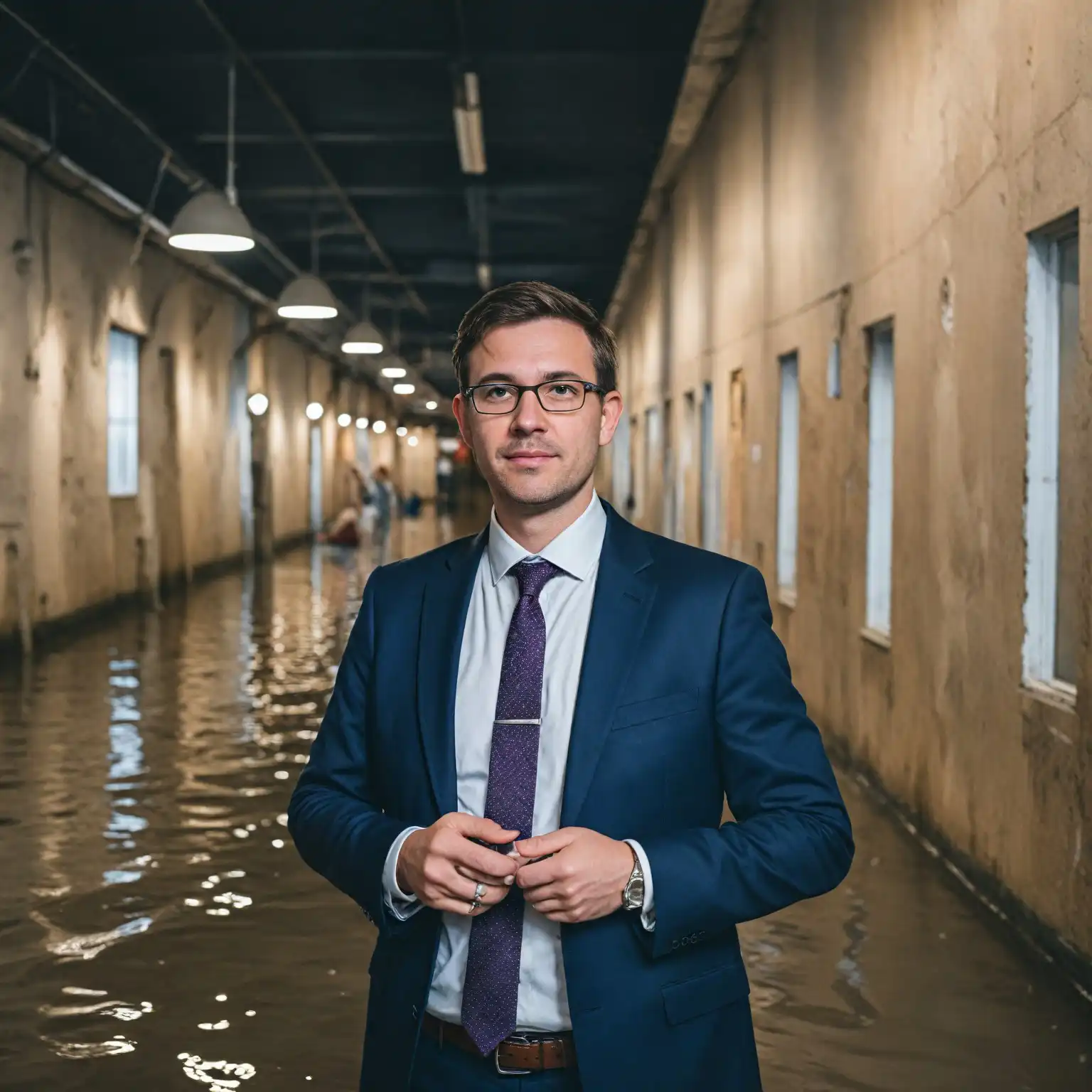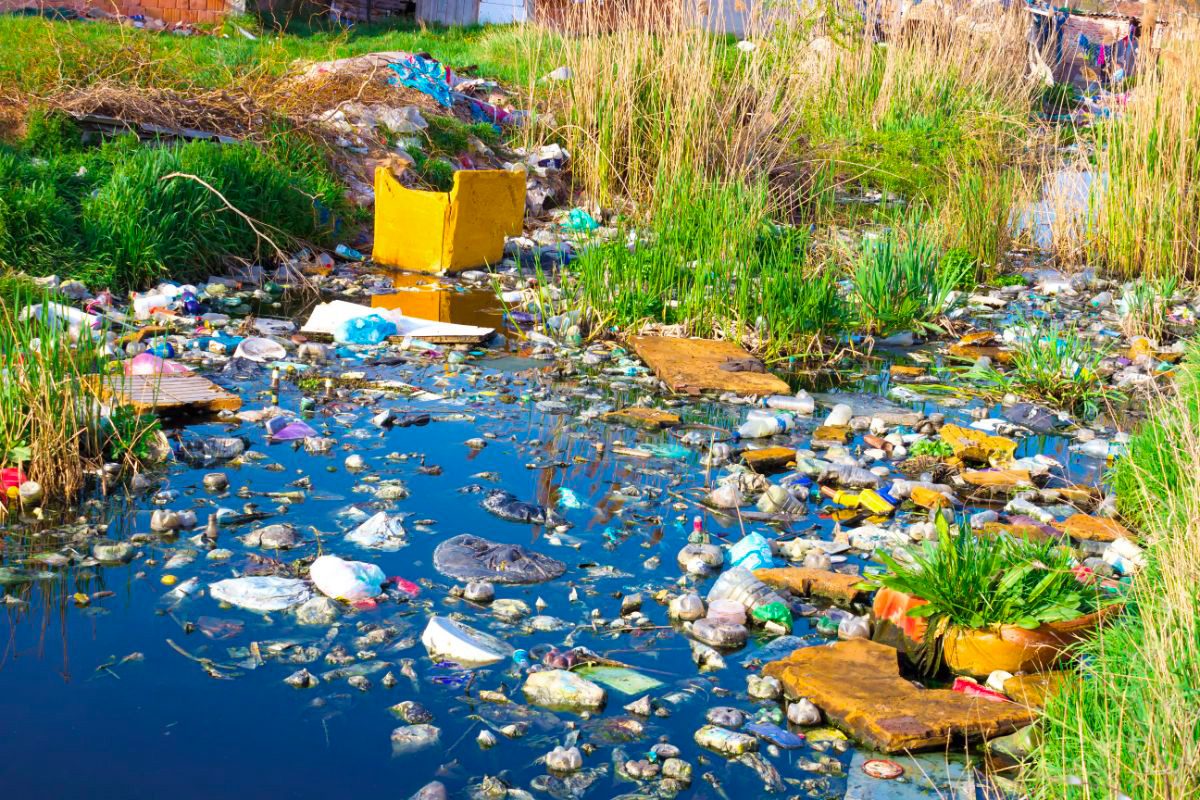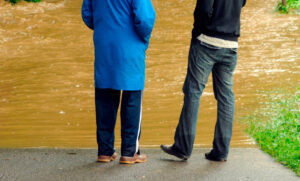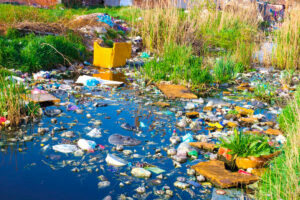The Impact of Flooding on the Environment and Health: Understanding and Taking Action
Flooding is one of the most frequent and devastating natural disasters in the world. They can have profound consequences not only for the environment but also for the health and well-being of the communities affected. In this article, we explore the various impacts of floods on local ecosystems and public health, as well as strategies for mitigating these effects and building resilience.
The Effects of Flooding on the Environment
Destruction of Natural Habitats
Flooding can cause massive destruction of natural habitats. Wetlands, forests and floodplains are often the hardest hit. The force of water can uproot trees, erode soils and destroy vegetation, leading to the loss of biodiversity and the disruption of ecosystems.
Water Pollution
Flooding often leads to water contamination. Debris, chemicals and waste can be washed away by floodwaters, polluting rivers, lakes and groundwater. This pollution can have harmful effects on aquatic fauna and flora, and make the water undrinkable for humans.
Soil erosion
Soil erosion is another major environmental impact of flooding. Moving water can wash away topsoil, which is essential for agriculture, reducing soil fertility and causing economic losses for local farmers. Soil erosion can also contribute to the sedimentation of watercourses, worsening the risk of future flooding.
Health Consequences of Flooding
immediate health risks
Flooding poses immediate health risks for the populations affected. Contaminated water can spread diseases such as leptospirosis, hepatitis A and gastrointestinal infections. Cuts and wounds caused by debris can also become infected due to a lack of hygiene and adequate medical care.
Long-term effects on mental health
The impacts of flooding are not just physical. Survivors can suffer from post-traumatic stress, anxiety and depression following the loss of their homes, possessions and loved ones. Children and the elderly are particularly vulnerable to long-term mental health effects.
Displacement and Refugee Health
Floods can displace thousands of people, creating refugee situations where living conditions are precarious. Limited access to drinking water, food and medical care in refugee camps can exacerbate existing health problems and create new health crises.
Strategies to Mitigate the Impacts of Flooding
Wetland preservation
Wetlands play a crucial role in reducing the risk of flooding. They act like natural sponges, absorbing excess water and reducing the speed of flooding. Preserving and restoring wetlands can therefore help mitigate the impact of flooding.
Improving Drainage Systems
Improving urban drainage infrastructure can help manage excess water during flooding. Efficient drainage systems can reduce the build-up of water in residential areas and minimise public health risks.
Education and Awareness
Community education and awareness of flood risks and prevention measures are essential. Educational programmes can teach residents how to prepare for flooding, evacuate safely and treat contaminated water.
Conclusion
Floods have profound and complex impacts on the environment and human health. By understanding these effects and implementing prevention and resilience strategies, we can better protect our ecosystems and communities. It is crucial that we continue to invest in sustainable solutions to mitigate flood risk and improve disaster response.

My name is Martin Desmet and I’m passionate about flood studies and hydrological risk management. For more than 20 years, I have devoted my career to understanding flood-related phenomena and helping communities to better prepare for and protect themselves against these devastating events. After completing my doctorate in hydrology at the University of Liège, I had the opportunity to work on various projects in collaboration with government bodies, NGOs and private companies. My career has led me to take a close interest in flood modelling and the impact of climate change on our hydrological regimes. I have also had the opportunity to contribute to the design of early warning systems and emergency plans for vulnerable regions. Even though I have published a few scientific articles and given lectures, I remain first and foremost involved in the field, where I can provide concrete solutions tailored to the needs of communities. Outside work, I enjoy spending time in nature, particularly near rivers and wetlands, which inspire me and help me to better understand the ecosystems I study. My aim is to continue learning and sharing my knowledge to help reduce the impact of flooding on our lives and our environment.
Discover more from Alert-disaster
Subscribe to get the latest posts sent to your email.









Leave a Reply